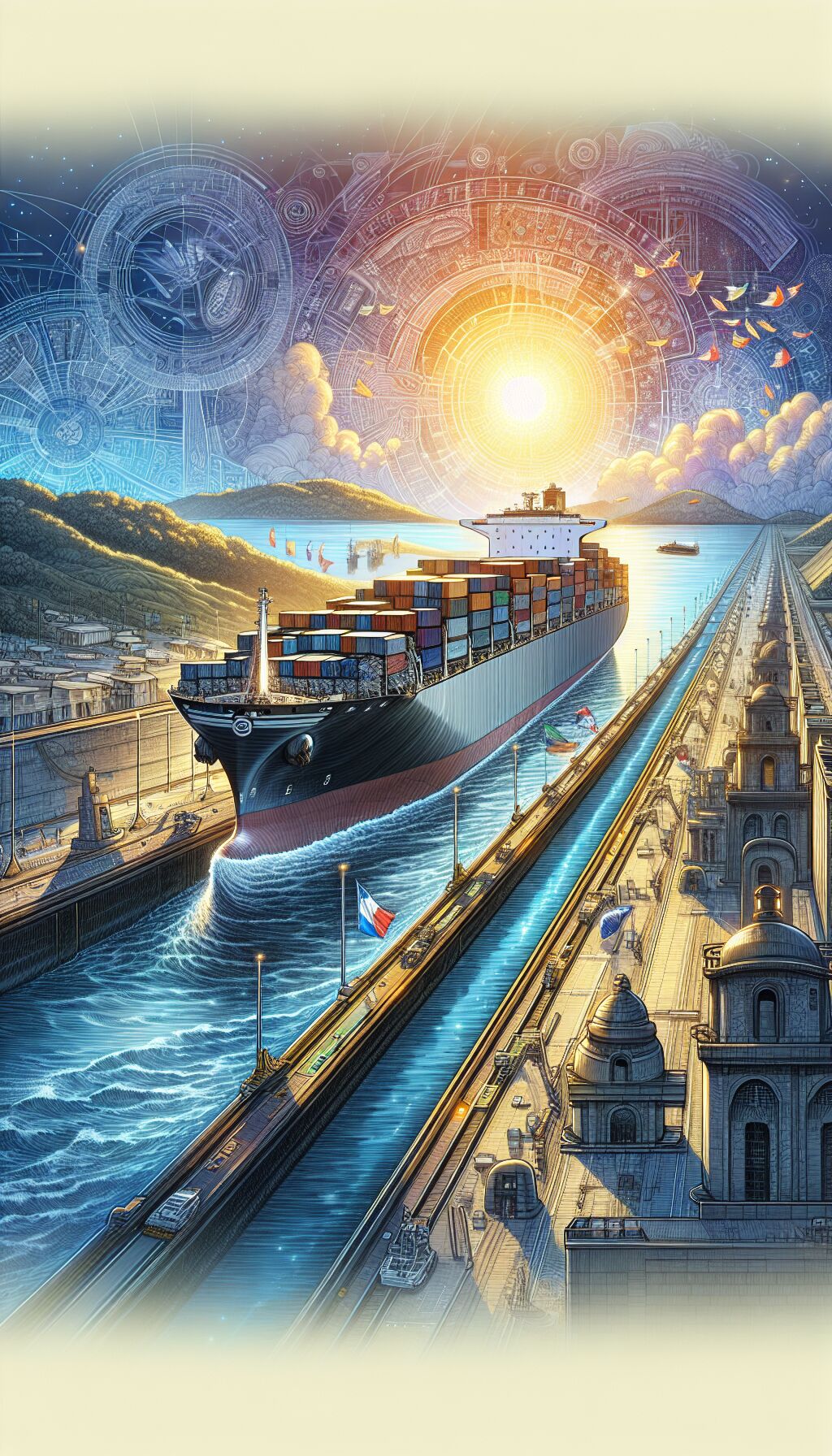House Republicans Propose Bill to Reacquire Panama Canal
Date: October 2023
House Republicans introduced a significant piece of legislation on Thursday aimed at facilitating the United States’ repurchase of the Panama Canal. This initiative comes in the wake of concerns raised by President-elect Donald Trump regarding China’s growing influence over this critical maritime passage. The proposed legislation is formally known as the Panama Canal Repurchase Act.
Legislative Details
The bill was put forth by Representative Dusty Johnson, a Republican from South Dakota and member of the Select Committee on China as well as the House Transportation and Infrastructure Committee. Johnson expressed strong support for the measure, stating, “President Trump is right to consider repurchasing the Panama Canal. China’s interest in and presence around the canal is a cause for concern. America must project strength abroad – owning and operating the Panama Canal might be an important step towards a stronger America and a more secure globe.”
The legislation has garnered support from 15 other Republican co-sponsors, including prominent members such as Dan Crenshaw, Randy Weber, and Brian Babin from Texas, along with representatives from states like Georgia, Alabama, and New York, highlighting a broad backing within the party for this proposal.
Implications of the Bill
If enacted, the Panama Canal Repurchase Act would empower the President to work in collaboration with the Secretary of State to initiate negotiations with the government of Panama aimed at reacquiring control of the canal. Following the enactment of this legislation, the President is required to submit a progress report to Congress within 180 days, detailing the status of negotiations, challenges faced, and envisioned outcomes.
The strategic significance of the Panama Canal cannot be overstated. Estimates from the U.S. Department of State indicate that approximately 72% of all vessels passing through the canal are en route to or originating from U.S. ports. This waterway is not only a vital transit point for commercial shipping but also plays a crucial role for military operations, including those of the U.S. Coast Guard and Department of Defense.
Without access to the canal, vessels would face an arduous journey, adding an additional 8,000 miles to their routes around South America. Johnson’s office highlighted that over 10,000 ships traverse the Panama Canal annually, generating billions of dollars in tolls that could significantly benefit the American economy.
Trump’s Statements on Canal Ownership
During a press conference at his Mar-a-Lago estate in Palm Beach, Florida, Trump was confronted with questions about the potential use of military or economic coercion to gain control of the Panama Canal and Greenland. He responded candidly, emphasizing the canal’s importance to U.S. economic security and military operations, while expressing dissatisfaction with the current management of the waterway, attributing concerns to alleged Chinese control.
“The Panama Canal was built for our military,” Trump asserted. “It’s vital to our country. It’s being operated by China. We gave the Panama Canal to Panama, not to China. They’ve abused it, and it should have never been made.”
Contrary to Trump’s assertions, the Panamanian government has explicitly denied that China exerts control over the Panama Canal. The canal was formally transferred back to Panama on December 31, 1999, under a treaty negotiated by former President Jimmy Carter.
China’s Influence in the Region
In a detailed analysis of the current geopolitical landscape, Johnson’s office has pointed to China’s expanding influence in the vicinity of the Panama Canal. Notably, Panama was the first Latin American nation to align with China’s Belt and Road Initiative in 2018. Since then, Chinese investment in local infrastructure, particularly pertaining to the canal, has seen a marked increase. Additionally, PRC firms have management rights over two key ports situated on either end of the canal, further solidifying China’s presence in this strategic region.
Major infrastructure projects on either side of the canal are run by Hutchison Ports PPC, a Hong Kong-based company, which has raised further concerns in light of China’s recent implementation of national security laws that could compel companies to assist in intelligence and military operations.










